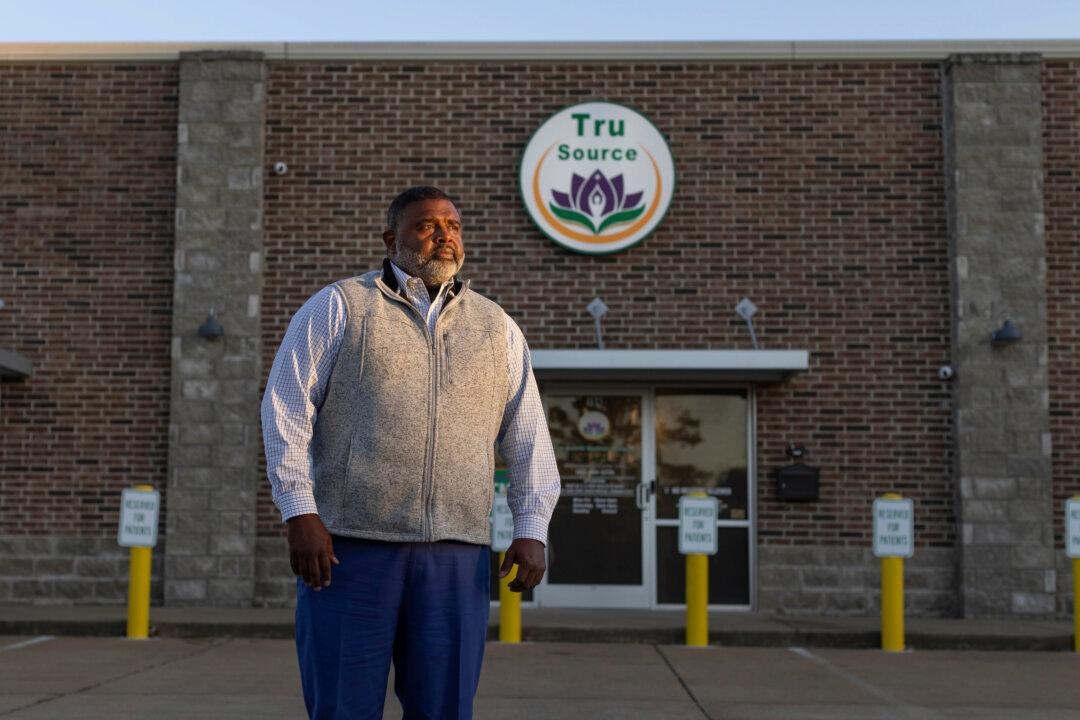Businesses selling medical marijuana in Mississippi cannot advertise because marijuana remains illegal under federal law, a U.S. appeals court has ruled.
Mississippi Department of Health regulations barring medical marijuana companies from advertising in any media withstand scrutiny because of the federal law, even though Mississippi lawmakers made medical marijuana legal in the state in 2022, judges on the U.S. Court of Appeals for the Fifth Circuit said.





